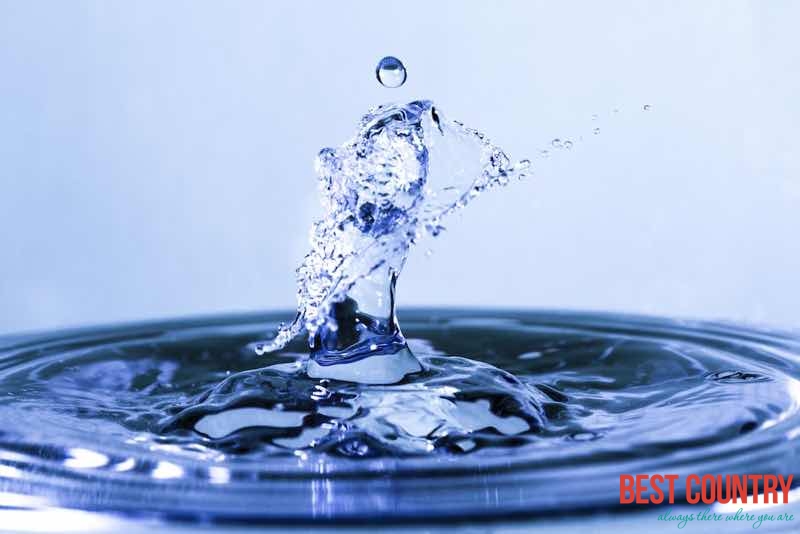Water source of Algeria

Surface Water: Algeria has several major rivers, including the Chelif, Moulouya, and Seybouse rivers. These rivers provide a significant portion of the country's freshwater supply. However, the availability of surface water can be highly variable due to seasonal fluctuations and droughts.
-
Groundwater: Groundwater is a crucial source of water in Algeria, particularly in arid and semi-arid regions. The country has vast aquifers, with the most notable being the Sahara Desert's Nubian Sandstone Aquifer System. Groundwater is accessed through wells and boreholes, and it plays a vital role in agricultural irrigation and domestic use.
-
Dams and Reservoirs: Algeria has constructed numerous dams and reservoirs to store water from rivers and seasonal rains. These structures help regulate the flow of water, provide irrigation for agriculture, and ensure a more stable water supply.
-
Desalination: In coastal areas, where access to freshwater sources is limited, desalination plants are used to convert seawater into potable water. This technology has become increasingly important in addressing water scarcity issues, especially in urban centers along the Mediterranean coast.
-
Rainfall: While Algeria has a generally arid to semi-arid climate, some regions do receive seasonal rainfall. Rainwater harvesting techniques are used to capture and store rainwater for domestic and agricultural purposes in areas where it is feasible.
-
Importation: In some cases, Algeria may import water from neighboring countries through international agreements, such as the transfer of water from transboundary rivers.
Water management is a significant challenge in Algeria, given its arid and semi-arid climate and the increasing demand for water resources due to population growth and agricultural needs. Sustainable water management practices and conservation efforts are essential to ensure a reliable and adequate water supply for the country's population and its economic activities.